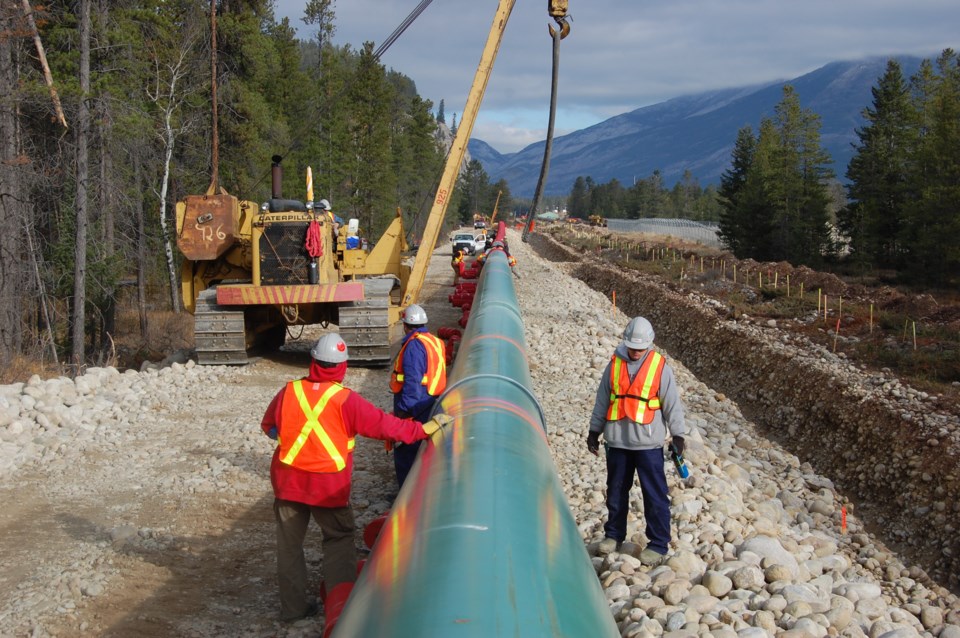In spite of the June 18 federal cabinet approval of the controversial project, Indigenous leaders from across BC remain staunchly opposed to the Trans Mountain Pipeline Expansion (TMX) and have vowed that it will never get built, according to a press release from the Union of British Columbia Indian Chiefs. That release noted the federal government was forced to redo consultation with First Nations after a unanimous Federal Court of Appeal quashed a 2016 approval “falling well below the mark” on meaningful consultation set by the Supreme Court of Canada.
“A report issued last year from the world’s leading climate scientists issued a dire warning that there is only twelve years left to stem the impacts of global warming and keep the maximum temperature increase to 1.5C globally. We have a dozen years to undertake dramatic, urgent and unprecedented changes to our economies, and how we interact with the natural world. Earlier this week, the Government of Canada passed a motion declaring there is a climate emergency, and declaring that climate change is an urgent crisis that affects the health and security of Canadians, as well as it impacting the Canadian economy,” the release said.
“Today’s announcement demonstrates a lackadaisical and irresponsible approach to combatting climate change and recognizing the human rights of Indigenous Peoples,” it went on.
“This decision is disappointing, but not a surprise. Tsleil-Waututh again engaged in consultation in good faith, but it was clear that the federal government had already made up their mind as the owners of the project.” said Chief Leah George-Wilson of Tsleil-Waututh Nation. “Unfortunately, this feels too familiar -- Canada repeated many of the same mistakes from last time. We will review the decision carefully with our team, and we will consider our legal options to ensure our rights are protected."
“The Title and Rights holders of our Indigenous Nations have not provided their consent,” said Kukpi7 Judy Wilson, Chief of the Neskonlith Indian Band and Secretary-Treasurer of the UBCIC. “The approvals of Indian Band Governments, under financial duress, do not meet the standards of a nation-to-nation relationship. Until such a time that our right to free, prior and informed consent are recognized and implemented, as set out in the human rights standards of the United Nations Declaration on the Rights of Indigneous Peoples, we will continue to oppose these projects and stand in defense of our lands.
“Our lands are burning and flooding. Our fish are dying and our people are suffering. Now is not the time to recklessly pursue environmentally devastating projects while our territories suffer,” said Grand Chief Stewart Phillip, President of the Union of BC Indian Chiefs. “We will actively and continuously resist the pursuit of short-term gains, in order to ensure the quality of life and the well-being of our children and our children’s children. We are immensely disappointed by today’s announcement, but we are also prepared. We do not accept Canada’s pre-meditated decision, and we are prepared to continue to oppose this project through any means possible.”
Khelsilem, Squamish Nation Spokesperson, stated, “The Squamish Nation met with federal officials as they conducted their court-ordered Phase III consultations with First Nations. What we experienced was a shallow attempt at consultation that resulted in a failure to address our concerns. The failure to meaningfully engage with rights holders means this government is either not serious about building this pipeline or not serious about respecting Indigenous rights.”
��




